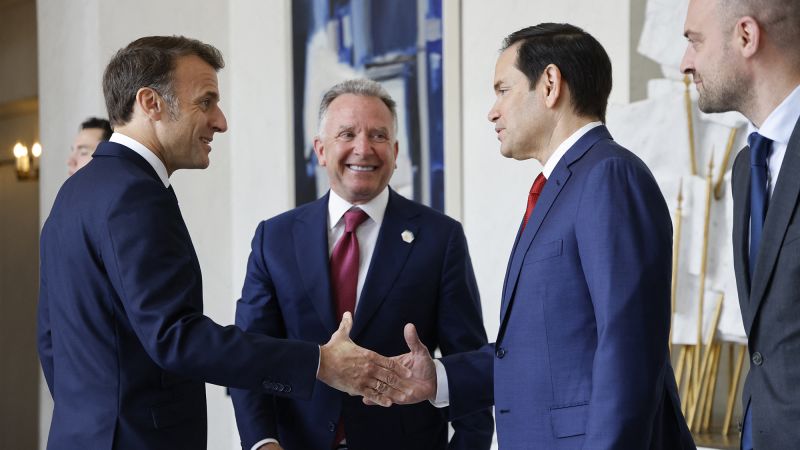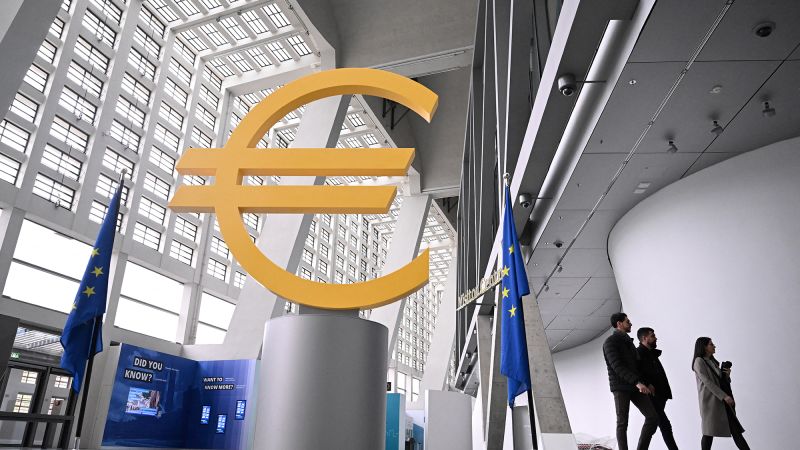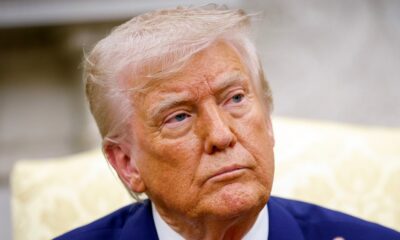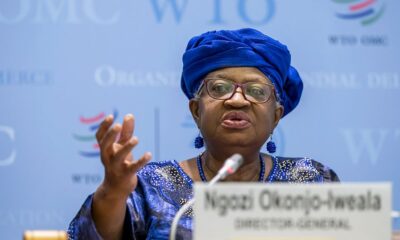Washington
CNN
—
It took Italy’s Prime Minister Giorgia Meloni exactly two sentences in the Oval Office on Thursday to signal to her host she was a kindred spirit.
“We both share another fight, which is the fight against the woke and DEI ideology that would like to erase our history,” she proclaimed in English, using some of President Donald Trump’s favorite codewords to describe her battle against what they see as progressive ideals run amok.
It was an unsubtle attempt to make clear from the get-go she was not the kind of European leader Trump has hosted in the same room over the course of the past two months.
Populist, conservative and a shrewd political operator, Meloni has captured the attention of Trump and his advisers. She was the lone leader from Europe to attend his inauguration in January. She is friends with his most powerful adviser, billionaire Elon Musk. And she has adopted the same type of anti-migration stance that helped fuel Trump’s return to the White House.
Like El Salvador’s President Nayib Bukele, another likeminded ally who visited the White House this week, Meloni appeared to know exactly what to say to convey her MAGA bonafides.
“The goal for me is to make the West great again,” she said. “And I think we can do it together.”
Whether that is Trump’s ambition is another question. Europe is hardly a major priority for Trump. To the extent he is paying attention — on trade and the war in Ukraine — he’s been harshly critical, suggesting the continent has spent the last several decades conniving to “screw” the United States.
Still, having a leader in Rome who shares his hostility toward liberal ideals amounts to a convenient opening for Trump at a moment when transatlantic ties have strained to their breaking point.
Unlike the actual leader of the European Commission, Ursula von der Leyen — who, despite repeated attempts, hasn’t secured a meeting or conversation with Trump since he took office, according to European officials — Meloni is a national leader who was elected, in part, based on her far-right platform.
And while officials in Joe Biden’s administration voiced pleasant surprise at Meloni’s staunch support for Ukraine and praised her stewardship of the Group of 7 last year, she is not regarded by Trump as having been overly close to his immediate predecessor — something some of Trump’s aides say has hampered von der Leyen’s attempts to cultivate Trump.
Ahead of her visit, one Trump aide described Meloni as a conduit for Europe who could act as an intermediary for the rest of the continent.
“We certainly see her as a valuable interlocutor with the EU,” the official said.
Meloni herself said before arriving in Washington she well understood the expectations for her visit.
“I am aware of what I represent, and I am aware of what I am defending,” she said, joking that she felt zero pressure from the high stakes.
At least in their public engagements, there is little more Meloni could have asked for in terms of accolades from Trump.
“Everybody loves her and respects her,” Trump said as their meeting was getting underway. “I can’t say that about many people.”
That may be an overstatement — her opponents in Italy accuse her of duplicity in currying favor with both Washington and Brussels — but at least in Trump’s mind, Meloni’s ability to maintain relations both with European leaders and with himself is a major feat.
Unlike France’s Emmanuel Macron, Britain’s Keir Starmer or Ukraine’s Volodymyr Zelensky — whose own Oval Office visit in February ended in cacophonous disaster — Meloni wasn’t at the White House to convince the president to adopt a certain course when it comes to Ukraine or to try correcting his views of European financial support.
When Trump began laying into Zelensky during their meeting on Thursday, declaring himself “not a big fan” of the Ukrainian president, Meloni chose not to intervene.
And while she described Russian President Vladimir Putin as l’invasore — the invader — while answering a question in Italian about who was responsible for the war, she cut off her interpreter mid-sentence before the statement could be read aloud in English for Trump to hear.
“I will do that,” she told the translator, going on to recount in English what she’d just said about raising Italy’s defense spending, but skipping over her answer on Putin.
Meloni coordinated closely with von der Leyen before traveling to Washington, according to European officials, and maintains close relationships with her counterparts in Paris, London and Berlin. Yet her power to secure relief from the 20% tariff Trump has threatened on the EU is limited; any new trade deal would have to be negotiated between Washington and EU officials in Brussels.
So far, those officials have gained little clarity on what Trump is looking for in a new agreement, and it wasn’t obvious that Meloni was departing Washington with any new insights.
Still, Trump was optimistic a trade agreement could be reached — “there’ll be a trade deal, 100%,” he said as he sat down for lunch — which was at least a glimmer of hope for avoiding a transatlantic trade war.
On both trade and defense, Meloni’s Italy is not exactly what Trump is looking for from Europe. Its trade surplus with the United States runs about $45 billion as Americans buy up Chianti, parmesan cheese and Gucci bags. And it currently spends only about 1.5% of its domestic output on defense, well below the 2% target set by NATO.
Ordinarily, both would be areas ripe for an angry lecture from Trump. But he glossed over those irritants at the White House, treating Meloni only with respect.
“I would say that she has taken Europe by storm,” he said glowingly.
He even accepted her invitation to visit Rome for a meeting with other Europeans.























